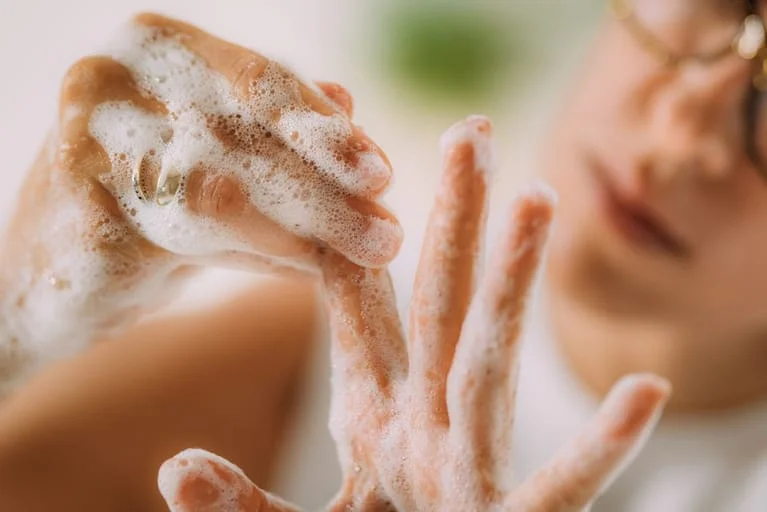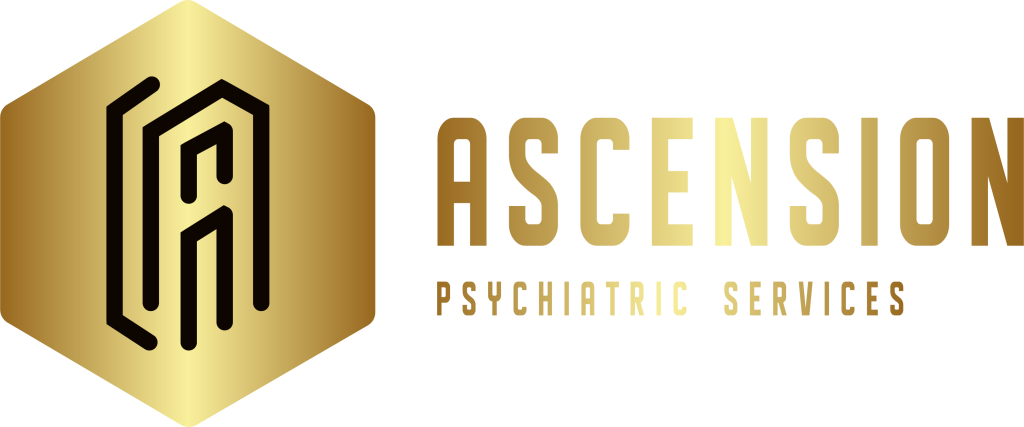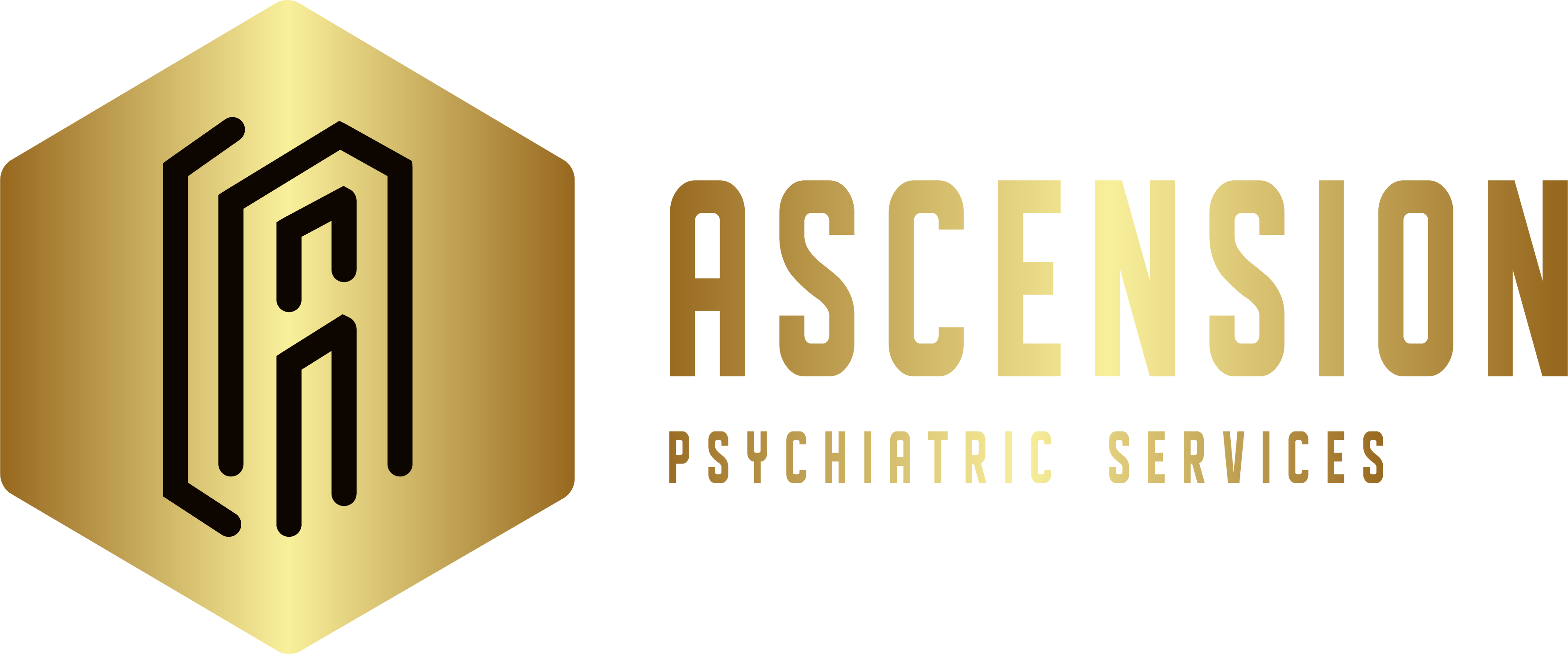OCD
OCD in Atlanta, GA & Washington, DC
Obsessive-Compulsive Disorder (OCD) is a mental health condition that Anthony J. Hall, MSN, APRN, PMHNP-BC at Ascension Psychiatric Services specializes in treating. OCD symptoms include persistent, intrusive thoughts (obsessions) and repetitive behaviors or mental acts (compulsions) aimed at reducing anxiety. Common obsessions may include fears of contamination, unwanted aggressive thoughts, or worries about order and symmetry. Compulsions often manifest as repetitive hand-washing, checking locks repeatedly, or counting objects obsessively. These behaviors may offer temporary relief but ultimately intensify distress, trapping you in a cycle. The exact causes of OCD are complex and multifaceted. Genetics plays a role, as OCD tends to run in families.

Brain chemistry imbalances, especially involving serotonin, are thought to contribute. Stressful life events can trigger or exacerbate symptoms. Anthony J. Hall, MSN, APRN, PMHNP-BC, with his expertise in OCD in Atlanta, GA, and Washington, DC, can help you regain control of your life. He offers compassionate and evidence-based treatments like cognitive-behavioral therapy (CBT) and medications to manage symptoms effectively. By working with Anthony J. Hall, MSN, APRN, PMHNP-BC, you can learn to recognize your obsessions, develop healthier coping strategies, and find relief from the grip of OCD.
Obsessive Compulsive Disorder (OCD): An Overview
OCD can significantly impact your daily life. It's like having an unwanted passenger in your mind, constantly nagging and disrupting your thoughts. Imagine you're fixated on cleanliness or washing your hands until they're raw, fearing germs lurking everywhere. Or perhaps you're plagued by intrusive thoughts, like constantly worrying about harming a loved one, even though you'd never act on it. These obsessions can be distressing and time-consuming. Compulsions are the second part of the OCD in Atlanta, GA, or Washington, DC, equation. They're the rituals or behaviors you feel compelled to perform in response to the obsessions. For example, you might repeatedly check locks, even though you know you've locked the door. These compulsions are attempts to alleviate the anxiety caused by the obsessions, but they rarely provide lasting relief.
How a Psychiatrist Can Help Manage OCD
OCD treatment typically involves a combination of cognitive-behavioral therapy (CBT) and medication. In CBT, a trained therapist helps patients identify and confront their obsessions and compulsions while developing healthier coping strategies. Medications like selective serotonin reuptake inhibitors (SSRIs) can also reduce symptoms. A psychiatrist plays a crucial role in assessing the severity of OCD in Atlanta, GA, and Washington, DC, prescribing appropriate medications, and monitoring their effectiveness. They may also provide therapy or refer patients to a therapist specializing in OCD. With Anthony J. Hall, MSN, APRN, PMHNP-BC's guidance, individuals with OCD can achieve significant symptom reduction, improved daily functioning, and a better quality of life.
If you or someone you know is struggling with questions related to OCD in Atlanta, GA, and Washington, DC, consult our qualified psychiatrist, who can provide guidance, compassion, and personalized care. To book an appointment with Ascension Psychiatric Services.

Ascension Psychiatric Services is a standout virtual psychiatry practice offering virtual visits throughout the State of Georgia.
Quick Links
Contact
- (301) 917-3336
- 700 12th St NW Suite 700 Washington, DC 20005
- (678) 551-7083
- 3343 Peachtree Road NE STE 145-1646 Atlanta, GA 30326
- 7901 4th St N STE 300 St. Petersburg, FL 33702
Copyright © 2024. All Rights Reserved.
